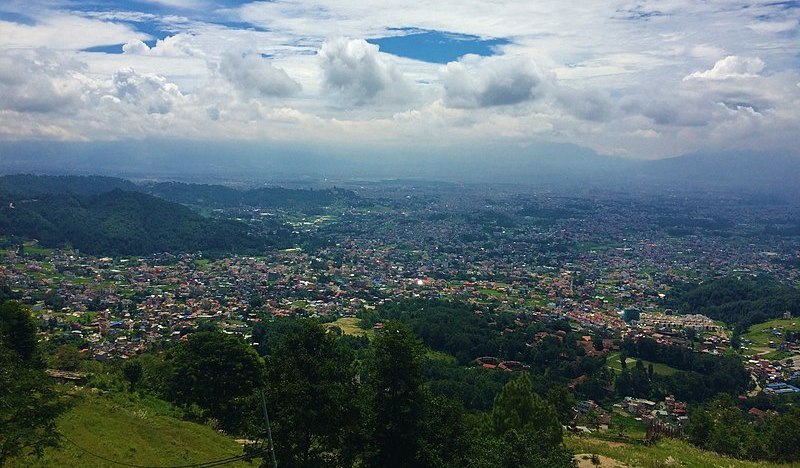 Nepal
Nepal Nepal government pushes for shift to electric vehicles
Nepal plans to shift from light vehicles, running on petroleum products, to electric ones by 2031 as part of its strategic plan to lower fuel imports and reduce pollution,
In the 2018-19 fiscal year, Nepal imported petroleum products worth $1.8 billion. The imports were cut by a third in the following years due to disruption caused by the Covid-19.
Nepal’s gasoline consumption almost doubled in the last five years, leading to a ballooning trade deficit coupled with potential consequences to the environment, according to a report of the Central Bureau of Statistics released in 2019,
A report in The Kathmandu Post said the demand for petroleum products has been increasing by 10 percent annually despite the increased supply of electricity.
Finance Minister Krishna Prasad Paudel has announced the government's intentions of shifting to electric vehicles. However, the government will continue to build more pipelines to import petroleum products.
Nepal imported vehicles and spare parts worth $700 million in the first ten months of the current fiscal year 2020-21, up by 38 percent compared to the same period last fiscal year.
For the promotion of electric vehicles, the government this year abolished excise duty on import of electric vehicles and brought down customs duty from 40 to 10 percent to increase the internal consumption of electricity and to promote the use of environment-friendly means of transportation.
Furthermore, the government has already issued the tender for establishing 50 charging stations in the country; 500 more will come up in the coming years.
The government is also attempting to bring assembly lines of EVs in the country. However, industry experts remain doubtful.
Support Our Journalism
We cannot do without you.. your contribution supports unbiased journalism
IBNS is not driven by any ism- not wokeism, not racism, not skewed secularism, not hyper right-wing or left liberal ideals, nor by any hardline religious beliefs or hyper nationalism. We want to serve you good old objective news, as they are. We do not judge or preach. We let people decide for themselves. We only try to present factual and well-sourced news.







